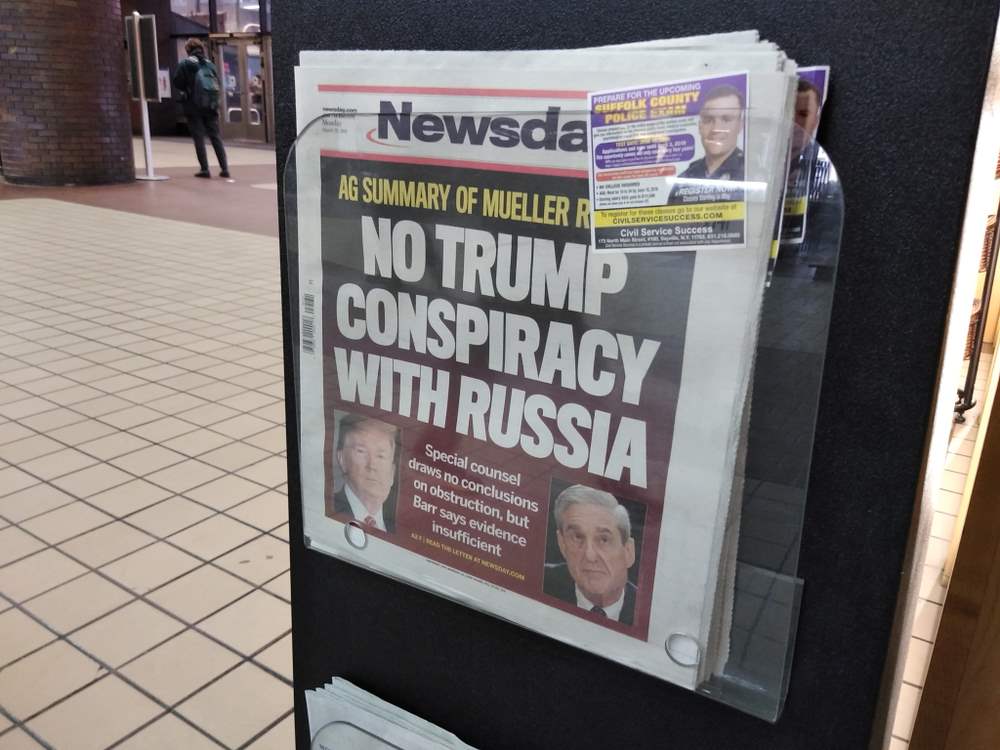As part of his investigative report which was released on Thursday, Special Counsel Robert S. Mueller III revealed that President Trump’s most-trusted confidants and senior aides had to put a halt to his most-impulsive official requests, including attempting to stop Mr. Mueller’s investigation and have the special counsel terminated.
By: Marcus Tentrite
While Mr. Mueller did not conclude whether Mr. Trump obstructed justice through his firing of former FBI director James Comey and other subsequent events, the special counsel detailed as part of his findings on obstruction, several instances where senior Trump aides had to resist Mr. Trump’s “efforts to influence the investigation.”
“The President’s efforts to influence the investigation were mostly unsuccessful, but that is largely because the persons who surrounded the President declined to carry out orders or accede to his requests,” Mr. Mueller said in his report. “Our investigation found multiple acts by the President that were capable of exerting undue influence over law enforcement investigations, including the Russian-interference and obstruction investigations.”
Mr. Mueller detailed the alleged actions requested by Mr. Trump in his report.
“These actions ranged from efforts to remove the Special Counsel and to reverse the effect of the Attorney General’s recusal; to the attempted use of official power to limit the scope of the investigation; to direct and indirect contacts with witnesses with the potential to influence their testimony,” investigators said in the special counsel’s report.
Mr. Mueller detailed one instance where the president called Don McGahn, the former White House counsel, ordering that Robert Mueller be fired as special counsel.
“On June 17, 2017, the president called [White House Counsel Don] McGahn at home and directed him to call the Acting Attorney General and say that the Special Counsel had conflicts of interest and must be removed,” Mr. Mueller said in his report. “McGahn did not carry out the direction, however, deciding that he would resign rather than trigger what he regarded as a potential Saturday Night Massacre.”
Mr. Mueller also alleged that Mr. Trump told his former campaign manager, Corey Lewandowski, to “dictate a message to deliver to” former Attorney General Jeff Sessions.
“The message said that Sessions should publicly announce that, notwithstanding his recusal from the Russia investigation, the investigation was ‘very unfair’ to the president, the president had done nothing wrong, and Sessions planned to meet with the Special Counsel and ‘let [him] move forward with investigating election meddling for future elections,'” Mr. Mueller’s investigators said.
Mr. Mueller added that “Lewandowski did not want to deliver the president’s message personally,” so he asked former White House aide Rick Dearborn to do so.
“Lewandowski and Dearborn did not deliver the president’s message to Sessions that he should confine the Russia investigation to future election meddling only. And McGahn refused to recede from his recollections about events surrounding the president’s direction to have the Special Counsel removed, despite the President’s multiple demands he do so,” said Special Counsel Mueller.




